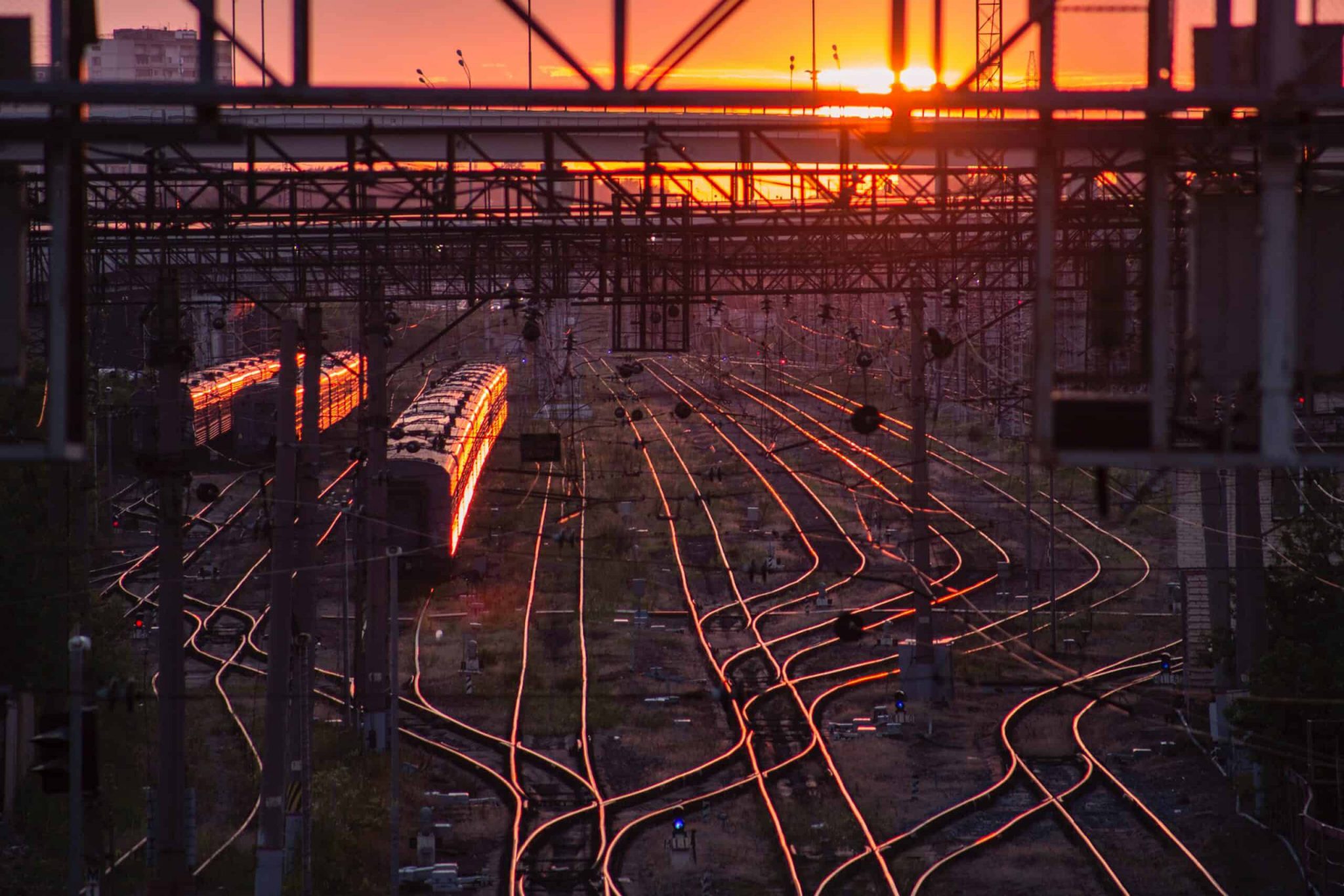
Swap Agrawal is a student at Harvard Law School.
On July 15, the NLRB posted updated data showing that union representation petitions filed at the NLRB have increased 58% during the first nine months of Fiscal Year 2022 (October 1, 2021 – June 30, 2022) up to 1,892 compared to 1,197 during the first three quarters of FY2021. The Board also stated that unfair labor practice charges increased 16% over the same period from 11,082 to 12,819. The agency used the data to highlight the critical funding and staffing shortages the Board is facing. The NLRB has received the same $274.2 million appropriation for nine consecutive years. Adjusting for inflation, the Board’s budget has decreased 25% since FY2010. Overall staffing levels at the agency have dropped 39% since FY2002 and field staffing has shrunk by 50%. “The NLRB is processing the most cases it has seen in years with the lowest staffing levels in the past six decades. Our dedicated staff, especially in our 48 field offices, are handling unsustainable caseloads. The Agency urgently needs more resources to process petitions and conduct elections, investigate unfair labor practice charges, and obtain full remedies for workers whose labor rights have been violated,” said NLRB General Counsel Jennifer Abruzzo. The White House’s budget request for FY2023 includes a 16% budget increase for the NLRB to $319.4 million, but it remains to be seen whether President Biden can usher this increase through a slim Democratic majority in Congress.
On July 15, President Biden took action to prevent 115,000 US railroad workers from going on strike as planned beginning Monday, July 18. As Kevin previously reported on Wednesday, the strike would have brought the nation’s freight rail system, which accounts for the transportation of nearly a 30 percent of U.S. freight, to a sudden halt. Under the Railway Labor Act, the President may exercise his discretion to create an emergency board when a labor dispute threatens “substantially to interrupt interstate commerce to a degree such as to deprive any section of the country of essential transportation service.” Creation of an emergency board delays a strike, lockout or other form of self-help, generally for 60 days. President Biden signed an executive order Friday establishing a Presidential Emergency Board to help resolve the ongoing dispute between major freight rail carriers and their unions. The Board will investigate the dispute and, within 30 days of its establishment, deliver a report recommending how the dispute should be resolved. After the emergency board reports to the President, the parties to the dispute have another 30-day cooling off period to consider the recommendations of the emergency board and to reach an agreement. If no agreement is reached at the end of the cooling off period, then the parties may engage in self-help, including strikes, lockouts and unilateral changes in terms and conditions of employment. The United Rail Unions, which includes the unions comprising the coordinated bargaining coalition, issued a statement indicating that President Biden’s actions were “expected” and that their “unified case will clearly show that the Unions’ proposals are supported by current economic data and are more than warranted when compared to our memberships’ contribution to the record profits of the rail carriers.”
On July 16, Amazon ramped up its anti-union campaign at its ALB1 fulfillment center in Albany ahead of a rally at the warehouse with Amazon Labor Union (ALU) leaders, including Christian Smalls. Amazon distributed a flyer to all workers titled “What is the ALU?” The flyer stated that ALU is seeking to form a union to “speak for you,” repeatedly emphasized the collection of dues, and attempted to scare workers away from signing an authorization card by stating that it was a “legally binding contract with the ALU” that allows ALU to speak on workers’ behalf and gives their “personal contact information to a third-party.” Amazon also put up digital signage in the warehouse on Friday that cycles between seven slides telling workers “Don’t sign a card.” Workers at ALB1 have been organizing to form a union since May.






Daily News & Commentary
Start your day with our roundup of the latest labor developments. See all
July 15
The Department of Labor announces new guidance around Occupational Safety and Health Administration penalty and debt collection procedures; a Cornell University graduate student challenges graduate student employee-status under the National Labor Relations Act; the Supreme Court clears the way for the Trump administration to move forward with a significant staff reduction at the Department of Education.
July 14
More circuits weigh in on two-step certification; Uber challengers Seattle deactivation ordinance.
July 13
APWU and USPS ratify a new contract, ICE barred from racial profiling in Los Angeles, and the fight continues over the dismantling of NIOSH
July 11
Regional director orders election without Board quorum; 9th Circuit pauses injunction on Executive Order; Driverless car legislation in Massachusetts
July 10
Wisconsin Supreme Court holds UW Health nurses are not covered by Wisconsin’s Labor Peace Act; a district judge denies the request to stay an injunction pending appeal; the NFLPA appeals an arbitration decision.
July 9
the Supreme Court allows Trump to proceed with mass firings; Secretary of Agriculture suggests Medicaid recipients replace deported migrant farmworkers; DHS ends TPS for Nicaragua and Honduras